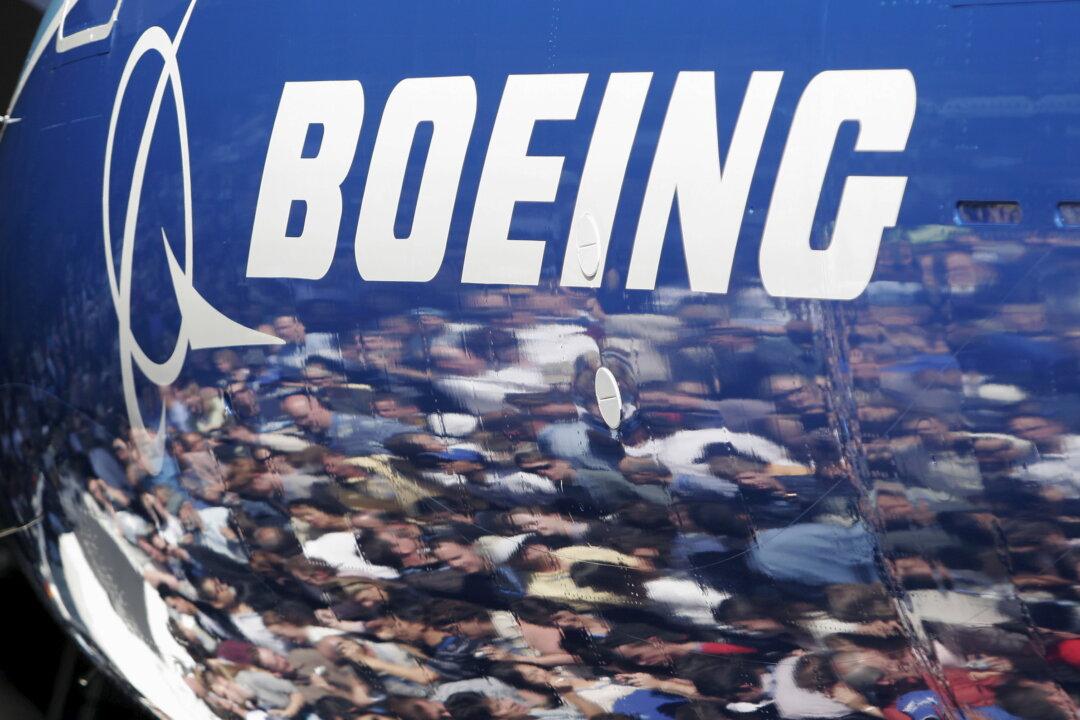Boeing has confirmed that it will move all its 787 Dreamliner production from Everett, Washington, to its production facility in North Charleston, South Carolina, in March.
“The 787 program plans to transition its production rate to five per month in March 2021, at which point 787 final assembly will be consolidated to Boeing South Carolina,” Boeing said in a release Wednesday.





